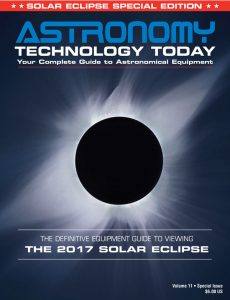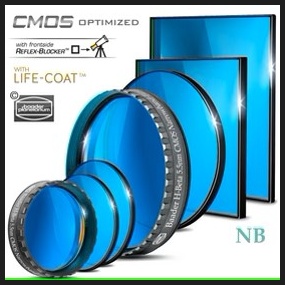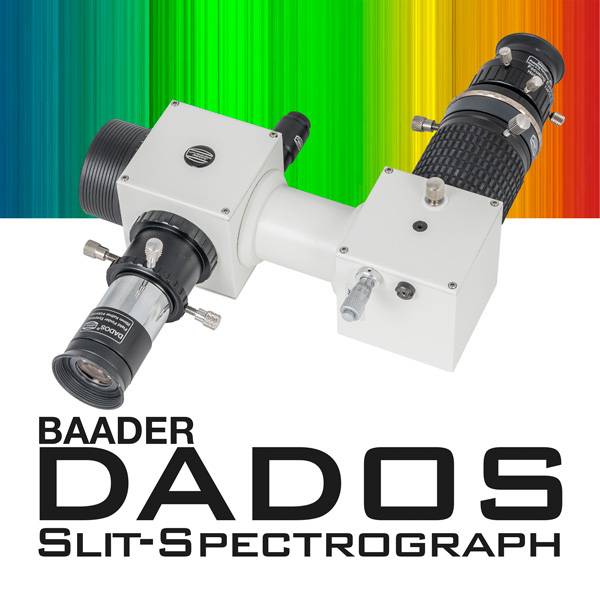 AstroCamp Science & Adventure Summer Camps offer a STEM program for boys and girls ages 8-17 that allows campers to deepen their science understanding by participating in space explorations, learning in state-of-the-art science labs, building and launching rockets, and using a large array of telescopes to explore the night skies.
AstroCamp Science & Adventure Summer Camps offer a STEM program for boys and girls ages 8-17 that allows campers to deepen their science understanding by participating in space explorations, learning in state-of-the-art science labs, building and launching rockets, and using a large array of telescopes to explore the night skies.
The camp offers a unique mix of science and space exploration activities including telescope observations, beginning and advanced rocketry, as well as planetary and solar science, There are also mountain adventure activities like camp outs, mountain biking, archery, rock climbing and bouldering. Other activities include fantasy adventure activities, Dungeons and Dragons, LARPING, and other role playing games. AstroCamp offers one week programs (ages 8-13) and two-week programs (ages 12-17) to meet the specific social, emotional, and educational needs and interests of campers.
A dding to its original camp located in the San Jacinto Mountains of California, AstroCamp’s newest camp is located in the rolling hills of Clover, Virginia’s Staunton Meadows and Lake. The camp has recently augmented its astronomy program with four SkyShed PODs outfitted with 11-inch and a 14-inch Celestron telescopes mounted on CGX mounts as part of their first phase.
dding to its original camp located in the San Jacinto Mountains of California, AstroCamp’s newest camp is located in the rolling hills of Clover, Virginia’s Staunton Meadows and Lake. The camp has recently augmented its astronomy program with four SkyShed PODs outfitted with 11-inch and a 14-inch Celestron telescopes mounted on CGX mounts as part of their first phase.
About the installation, SkyShed’s Wayne Parker commented, “Congratulations to Andrew Balendy – Director – AstroCamp, and his team, on the fantastic job they are doing of transforming the VA countryside into the East version of AstroCamp. They have been a joy to work with and we are proud to be a small part of the camp.”
###
 The Astronomy Technology Today editorial staff would like to take this opportunity to remind you of the availability of our Solar eclipse equipment guide –The Definitive Equipment Guide to the 2017 Solar Eclipse. Our goal with the 40 page publication is to provide an easy-to-consume introduction to the technological options for viewing and imaging the Great Solar Eclipse. We cover the gamut of options available including building you own solar viewer, solar glasses, smart phones, DSLR cameras, using astronomy telescopes, solar telescopes, using binoculars, solar filters (including a DYI filter option), CCD astro cameras, astro video cameras, webcams and much more. You can view the guide on our website here – its free and there is no requirement to sign up to read the guide.
The Astronomy Technology Today editorial staff would like to take this opportunity to remind you of the availability of our Solar eclipse equipment guide –The Definitive Equipment Guide to the 2017 Solar Eclipse. Our goal with the 40 page publication is to provide an easy-to-consume introduction to the technological options for viewing and imaging the Great Solar Eclipse. We cover the gamut of options available including building you own solar viewer, solar glasses, smart phones, DSLR cameras, using astronomy telescopes, solar telescopes, using binoculars, solar filters (including a DYI filter option), CCD astro cameras, astro video cameras, webcams and much more. You can view the guide on our website here – its free and there is no requirement to sign up to read the guide.



